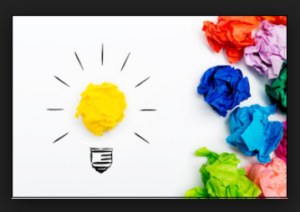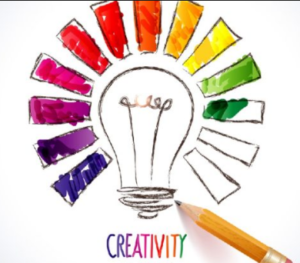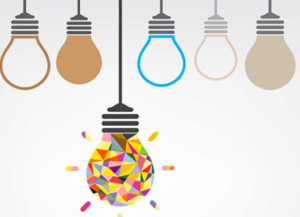Think of this: collaboration drives creativity because ideas always emerge from a series of sparks – never a single flash of insight. We believe in suggestions to explore future posts on creativity and the creative ideas of any team by effective collaboration. This can be accomplished through a series of sparks and not a single flash of insight.
Here’s the deal:

We have posted almost 900 articles in the 9 years+ we have been blogging as part of our Digital Spark Marketing website. One category we include in these blogs is creative ideas.
Now … here are the 5 most read ones that we will share with you. They will help you derive your flashes of creative ideas.
It gets better …
Future posts on creativity … The Ultimate Cheat Sheet on Spotting Intelligent People
People-watching is a favorite hobby of mine. One of my many objectives is spotting intelligent people. This has been a ‘hobby’ of mine for several decades now. Let me share the many common signs of intelligence I have observed.
What do you think of these?


